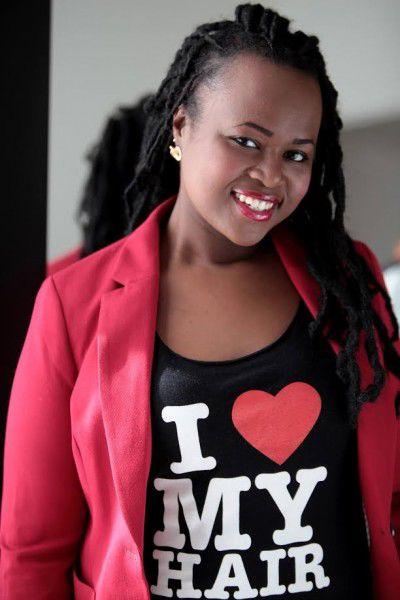
Courtesy of SymphonySpace
The Office for Institutional Equity and Diversity (OIED) hosted its fourth annual Social Justice January with the goal to create an environment to engage in conversations about intersectional social justice issues.
The GLBT Center, Women’s Center, Multicultural Student Affairs and the African American Cultural Center have all been working together to co-host events throughout the month that aim to spark collaboration and initiative among students in affecting social change.
Renee Wells, director of the GLBT Center at NC State and one of the brains behind the inception of Social Justice January, discussed why the intersection between the four centers is important to create a movement in social justice advocacy.
“I think there has been a real movement over the last few years to think about the ways in which as four centers, we’re not serving four different communities,” Wells said. “A lot of our students have multiple marginalized identities.”
According to Wells, students benefit from being able to collaborate with several of the OIED offices.
“For instance, a person might be a queer woman of color, so they are being served by the GLBT Center, the Women’s Center, Multicultural Student Affairs and the African American Cultural Center. It’s recognizing that we have students in common and these students are facing multiple issues simultaneously.”
Wells also touched on the importance of discussing these issues through a discussion and workshop.
“Recognizing common social justice issues that exist across communities provide us with the opportunity to focus on issues that we can bring all of our students together for,” Wells said. “It’s a way for students to build a larger sense of community, look at how they can be working collaboratively to address the issue, and build strength and have more impact with a larger community advocating for something.”
This year Jamila Lyiscott, a community organizer, spoken word artist and visiting assistant professor of social justice education at the University of Massachusetts Amherst, led two different events that focused on the prevalence of white privilege in the classroom.
Lyiscott discussed how students can help act as advocates for their own peers through a discussion, and the workshop spoke in depth about how students can advocate change.
“There’s a principle that I live by and it has to do with something called the circle of influence and the circle of concern,” Lyiscott said. “Our circle of concern consists of many things when it comes to social justice, when it comes to changing things within our institutional contexts, there might be so many things at NC State that you feel concerned about, that you want to change.”
Lyiscott focused on how some students believe that they cannot affect change from their platform, and her method of tackling that obstacle.
“The best way to affect change in all the things that you’re concerned about is to think about the smaller circle, and that’s the circle of influence,” Lyiscott said. “What are the things that you can change? Where are the spaces that you can have influence? Who are your allies?”
Students can visit the OIED website to learn more about upcoming events they are hosting.